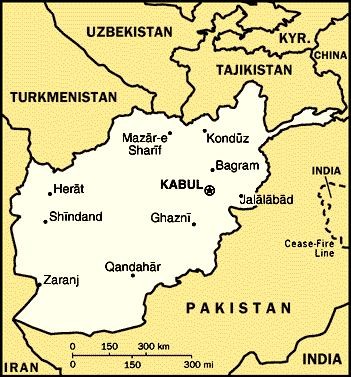KABUL (TCA) — Afghanistan carried out a record number of business reforms in the past year, earning the country a spot in this year’s top 10 global improvers, says the World Bank Group’s Doing Business 2019: Training for Reform report, released on October 31.
With five reforms in the past year, Afghanistan advanced to 167th place in the global ease of doing business rankings. On the measure of absolute progress towards best practice, Afghanistan significantly improved its Doing Business score by more than 10 points to 47.77.
The latest reforms were in the Doing Business areas of Starting a Business, Getting Credit, Protecting Minority Investors, Paying Taxes, and Resolving Insolvency.
“Improving the business environment is essential for Afghanistan to stimulate domestic investment and create jobs. Given the exceptional challenges of conflict and violence in the country, the government’s resolve to improve the business climate for private enterprise is doubly commendable,” said Shubham Chaudhuri, World Bank Country Director for Afghanistan. “We look forward to continuing to record Afghanistan’s successes in years to come.”
During the past year, Afghanistan made Starting a Business less costly by reducing the fees for business incorporation. As a result, the cost for an entrepreneur to start business in the country has significantly been reduced from 82.3 percent of the income per capita to only 6.4 percent.
Afghanistan focused on enhancing the legal framework for businesses. Minority investor protections were strengthened substantially, making Afghanistan one of the economies advancing the most in this area. A new law on limited liability companies made noteworthy progress toward mitigating the risks of prejudicial conflicts of interest in companies and strengthening corporate governance structures. In addition, the Commercial Procedure Code was amended to grant greater powers to shareholders to challenge related-party transactions. Protecting Minority Investors is an area of strength for Afghanistan. The country scores 9 out of 10 in this indicator’s three indexes, which measure access to evidence and allocation of legal expenses in shareholder litigation, shareholders’ rights and role in major corporate decisions and governance safeguards protecting shareholders from undue board control and entrenchment. Afghanistan has a global ranking of 26 in the area of Protecting Minority Investors.
Afghanistan also adopted a new insolvency framework in 2018. Secured creditors are now given absolute priority over other claims in insolvency proceedings. Afghanistan also made resolving insolvency easier by improving the continuation of the debtor’s business during insolvency proceedings and granting creditors greater participation in the proceedings.
Paying taxes was made easier with the adoption of a new tax administration and law with clear rules and guidelines on tax audit, and by automating the submission of tax returns. The time spent by businesses to pay their taxes in 2017 was reduced by 5 hours, to 270 hours, less than the South Asia regional average of 275 hours. Moreover, the time to comply with a corporate income tax audit has been halved from 207.5 hours to 111 hours.
Afghanistan performs well in the area of Starting a Business with a global rank of 49. However, it lags in areas such as Registering Property (with a global rank of 186), Dealing with Construction Permits (184) and Enforcing Contracts (181). For example, it takes 250 days to register the transfer of a property in the country, which compares poorly with the South Asia regional average of 114 days.









